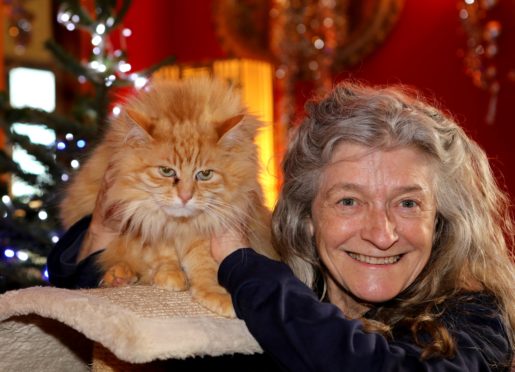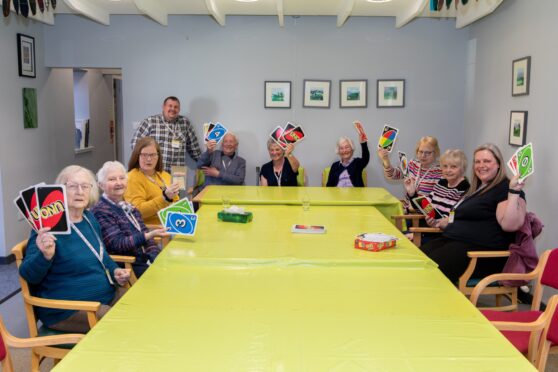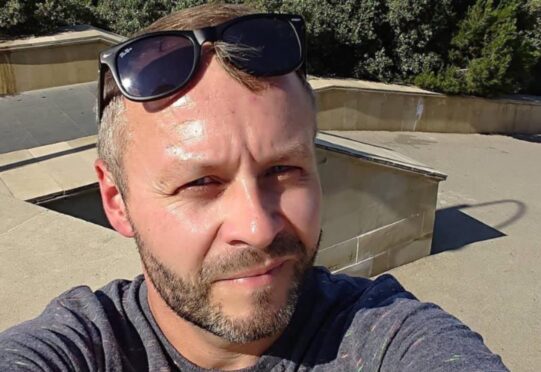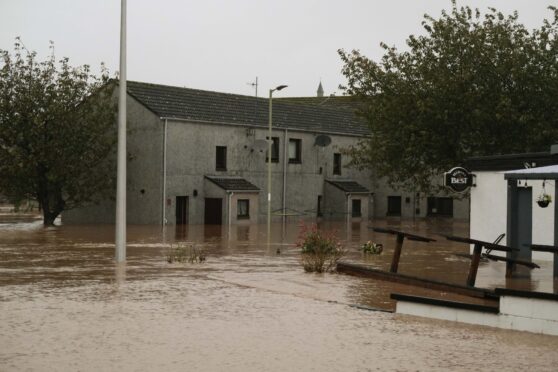An Angus campaigner who is leading a bid to have all owned cats neutered says she is looking forward to 2019 with renewed hope the legislation will be passed.
Dr Ellie Stirling, from Forfar, has been pursuing her campaign through the Scottish Parliament’s public petitions committee as part of a drive to protect the Scottish wildcat.
Numbers of the protected species are dwindling and interbreeding is regarded as the biggest threat to the wild population.
Dr Stirling praised the work of charities in ensuring 87% of owners have their cats neutered but said a change of policy was required to save the wildcat.
She said: “It’s very welcome that the Scottish Government is looking at tightening up on breeding activities around cats.
“We on the frontline of cat rescue in Scotland feel we are doing little more than firefighting.
“Over the past two decades, education and financial help with neutering costs have been provided – but the people who’ve responded and got their cats neutered are finding their good efforts drowned out by the continuing over-breeding.
“The Scottish Government want to make improvements – so my appeal to them is to listen to the people in Scotland who know through direct experience just how serious the unwanted cat problem is and is becoming.”
Dr Stirling, who previously campaigned in a cat costume outside Holyrood, said volunteers in cat rescue groups were dropping out every week because the problems with feral cats were so distressing.
“It is heartbreaking work,” she said.
“However this government initiative and consultation puts Scotland ahead of the rest of the UK.
“Potentially we can utilise and adopt the example of other countries across the globe that are already discussing or have implemented strong measures to protect cat welfare by regulating the rate of breeding of pet cats.”
The committee will hear evidence from Environment Secretary Roseanna Cunningham in the new year.
The Scottish wildcat is one of the most critically endangered native species in the UK. The Mammal Society released figures this year, which put the population at around 200 although some experts believe it is much lower.
A number of captive breeding programmes are under way around the UK, coordinated from the RZSS Highland Wildlife Park near Aviemore.
Scottish Wildcat Action (SWA) was set up Scottish Natural Heritage in 2015 to spearhead a five-year conservation plan. It will pay for farm or domestic cats living near suspected wildcat habitat to be neutered, as well as vaccinating feral cats.
Other factors, such as habitat loss, have also been blamed for the declining population.










